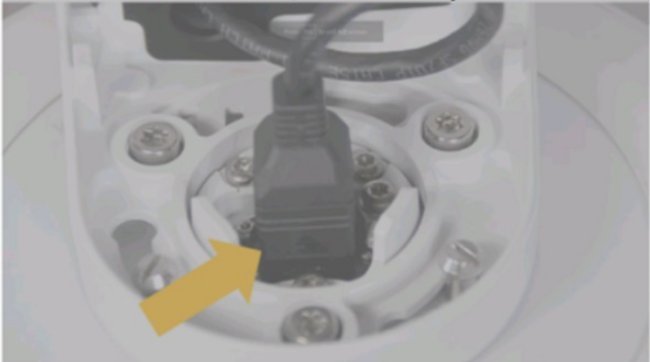At ValidExamDumps, we consistently monitor updates to the Axis ANVE exam questions by Axis. Whenever our team identifies changes in the exam questions,exam objectives, exam focus areas or in exam requirements, We immediately update our exam questions for both PDF and online practice exams. This commitment ensures our customers always have access to the most current and accurate questions. By preparing with these actual questions, our customers can successfully pass the Axis Network Video Exam exam on their first attempt without needing additional materials or study guides.
Other certification materials providers often include outdated or removed questions by Axis in their Axis ANVE exam. These outdated questions lead to customers failing their Axis Network Video Exam exam. In contrast, we ensure our questions bank includes only precise and up-to-date questions, guaranteeing their presence in your actual exam. Our main priority is your success in the Axis ANVE exam, not profiting from selling obsolete exam questions in PDF or Online Practice Test.
The main benefit of signed firmware is that
The main benefit of signed firmware is that it allows the device to verify the integrity and authenticity of the firmware before it is installed. This process ensures that the firmware has not been tampered with and is from a trusted source, thereby enhancing the security of the device. Signed firmware prevents unauthorized or malicious firmware from being installed, which is crucial for maintaining the security and reliability of network devices. Axis documentation emphasizes the importance of signed firmware in protecting devices from potential security threats by verifying the firmware's integrity.
For an outdoor camera, what is the potential consequence of not using this connector?

For outdoor cameras, not using the proper connectors, such as weatherproof or waterproof connectors, can lead to water ingress. This can damage the camera's internal components, leading to malfunctions or complete failure of the device. Axis outdoor cameras are designed with specific connectors to ensure they are sealed against environmental factors like moisture, dust, and temperature extremes. According to Axis installation guides, ensuring the correct connectors are used is crucial for maintaining the camera's IP rating and long-term reliability.
The purpose of DHCP is to
DHCP (Dynamic Host Configuration Protocol) is a network management protocol used on IP networks. It automates the process of configuring devices on IP networks by assigning IP addresses to devices, allowing them to communicate on the network. The DHCP server dynamically assigns IP addresses from a predefined pool and leases them to devices for a specified period. This eliminates the need for manual IP configuration and helps avoid IP address conflicts. Reference to Axis documentation confirm that DHCP is essential for managing and automating IP address allocation in networked environments.
Which camera model provides the greatest deterrence effect?
The AXIS P3247-LVE provides the greatest deterrence effect. This model is a robust, vandal-resistant network camera designed for outdoor use with advanced features such as IR illumination, advanced video analytics, and a rugged design. Its visible presence and high-quality image capture capabilities serve as a strong deterrent to potential intruders and vandals.
Why is germanium used for thermal camera lenses?
Germanium is used for thermal camera lenses because it is transparent to infrared wavelengths. This transparency allows infrared radiation to pass through the lens and reach the camera sensor, enabling the capture of thermal images. Germanium's optical properties make it an ideal material for thermal imaging applications. Reference: Axis Communications thermal camera specifications and technical documentation.